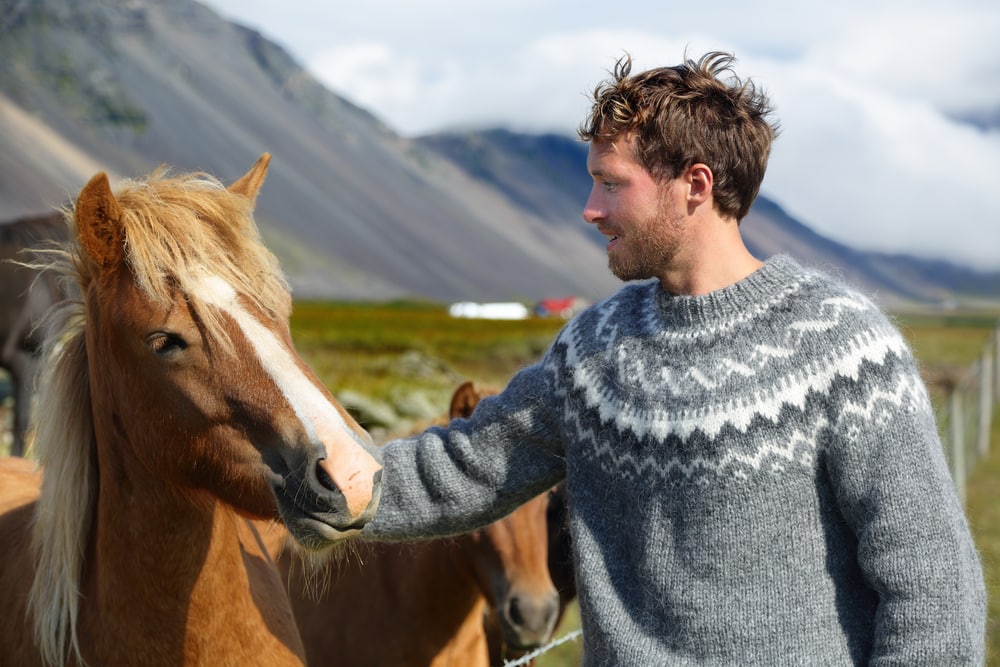Icelanders have one of the longest life expectancies in the world. What is their secret? Does it have to do with specific eating habits and workout regimes? Perhaps the air is just a bit cleaner and the water clearer. Or do Icelanders have better DNA to make them have longevity? Keep reading to discover why Icelanders live longer than those from other countries.

40. In Iceland, the Average Life Expectancy is 83 Years
Icelanders have one of the longest life expectancies in the world, with the average person living past their eightieth birthday! Many Icelanders have lived to be over 90, and more than a few centenarians have celebrated their 100th birthday (via Statice). Many researchers have looked at this life expectancy and wondered just what the secret is (via NBC News). Does their diet, which is very different from the rest of the world, have anything to do with their longevity? Is their lifestyle a factor? Or is there something more causing Icelanders to live so long?
